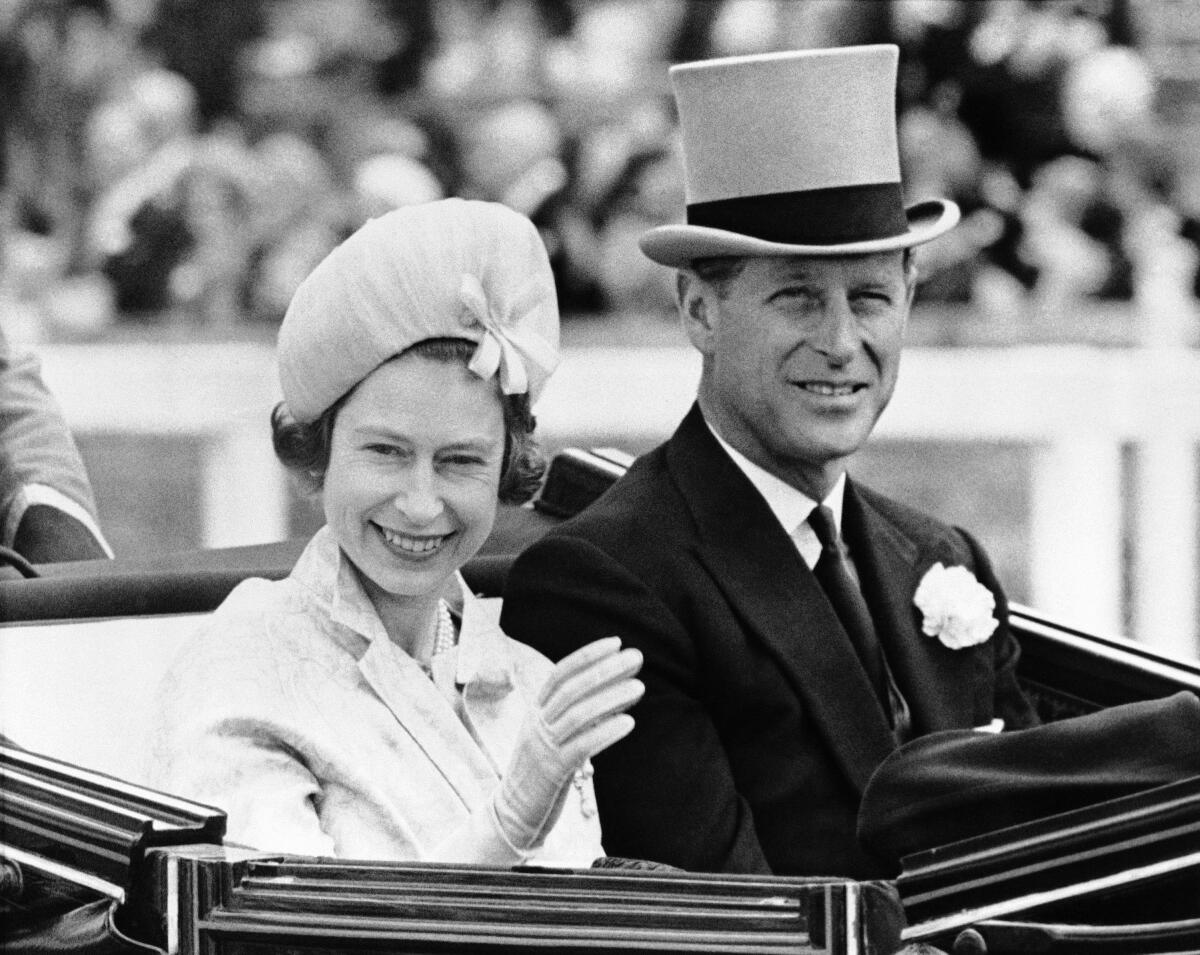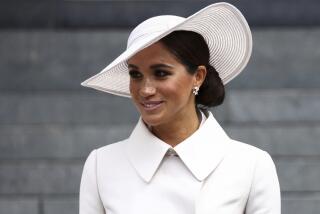Buckingham Palace barred nonwhites from office jobs in the 1960s, report says

LONDON — Buckingham Palace barred ethnic minorities from office jobs during the 1960s, the Guardian newspaper reported Thursday, citing documents in Britain’s National Archives.
The revelation, published on the newspaper’s front page, was based on papers showing that Queen Elizabeth II’s chief financial manager told civil servants in 1968 that it was not the palace’s practice to hire “colored immigrants or foreigners” for clerical posts and other office jobs.
The palace replied forcefully to the historical allegations, stressing that the queen and her household comply “in principle and in practice” with anti-discrimination legislation.
“Claims based on a second-hand account of conversations from over 50 years ago should not be used to draw or infer conclusions about modern-day events or operations,” a palace spokesman said, speaking on the customary condition of anonymity.
The couple’s allegations of racism in the royal family have raised questions in nations with historic ties to Britain, many of them former colonies.
The Guardian’s allegations stem from its investigation into the palace’s use of a mechanism known as “crown consent,” under which the monarch grants permission for Parliament to debate laws affecting her.
Parliament approved laws barring discrimination based on race and sex in the 1970s. Documents in the National Archives show how the queen’s advisors influenced the wording of that legislation, the newspaper said.
Race has become a central issue for the monarchy following statements made by Harry and Meghan, the Duke and Duchess of Sussex, in their March interview with talk show host Oprah Winfrey. Meghan alleged that before their son, Archie, was born, a member of the royal family commented on how dark the baby’s skin might be.
In the ensuing storm, Prince William, Harry’s older brother, defended the royal family, stating flatly that “we’re very much not a racist family.”
More to Read
Sign up for Essential California
The most important California stories and recommendations in your inbox every morning.
You may occasionally receive promotional content from the Los Angeles Times.











